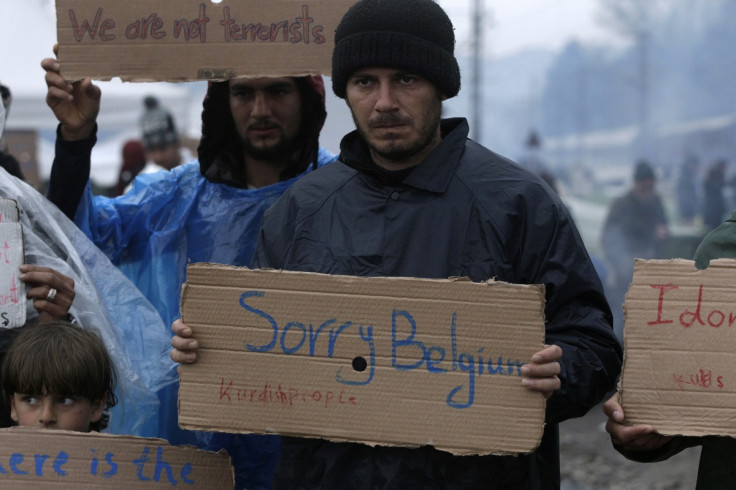After Brussels attack Poland to say 'no' to refugees

Poland has gone back on an earlier commitment to accept refugees, citing the recent terror attacks in Brussels. Under the resettlement programme, the EU member had agreed to take 7,000 refugees over four years.
The promise was made by the previous liberal government in 2015 but sitting Prime Minister Beata Szydlo has shot down the scheme. "I'll say very clearly, I see no possibility for migrants to arrive in Poland at this time," Szydlo, the right-wing prime minister who came to power in October 2015, told the Polish news channel Superstacja TV. "Twenty-eight EU countries agreed to solve the issue through relocation. But I will say it very clearly. I do not see it possible to allow migrants in Poland at the moment." The country was to take in 400 refugees in 2016.
During a press conference in Warsaw, Szydlo also criticized German Chancellor Angela Merkel for practically inviting "migrants into Europe". She said: "This carefree attitude led to the problems that we have today."
"Perhaps it's time to bang a fist on the table and say 'enough of terrorism.' Our children and countries are in danger and we're all beginning to be afraid. Europe mustn't be afraid. We must say enough."
Government spokesperson Rafał Bochenek also echoed the prime minister's stance by saying: "We cannot... allow a situation to develop whereby the events that are now happening in Western Europe spread to Poland. Many such events have taken place in the past few months and we want to protect Polish citizens from that."
Szydlo's government has frequently clashed with EU authorities over intake of refugees. Many in her administration have been vocal against allowing migrants into the country.
Poland's previous liberal government had consented to host the refugees, mostly because of pressure from the EU and Germany. Member states in the eastern plank including the Czech Republic, Slovakia, Hungary and Romania voted against the EU proposals in 2015.
More from IBTimes UK
© Copyright IBTimes 2024. All rights reserved.






